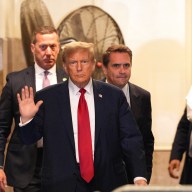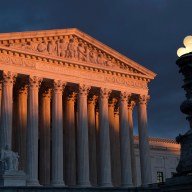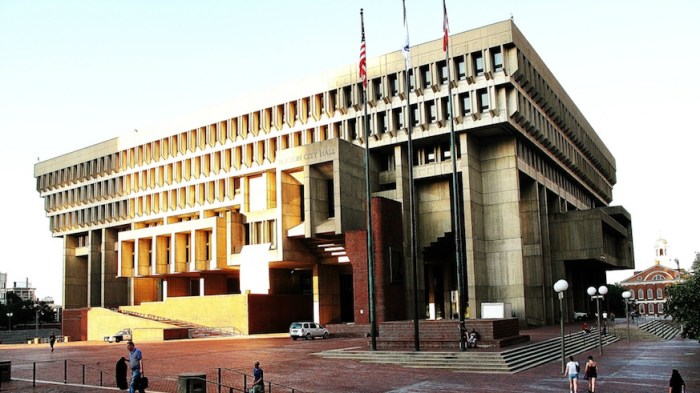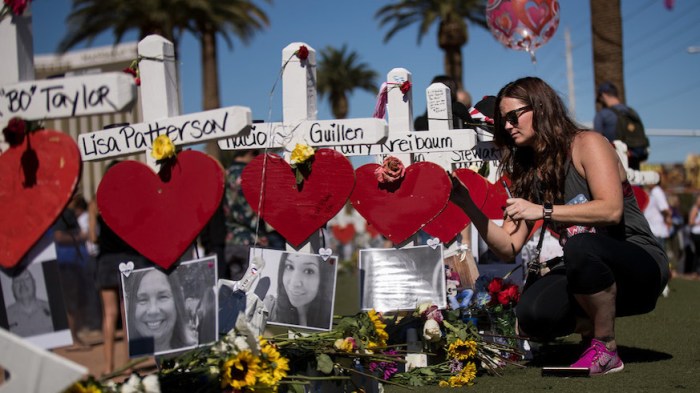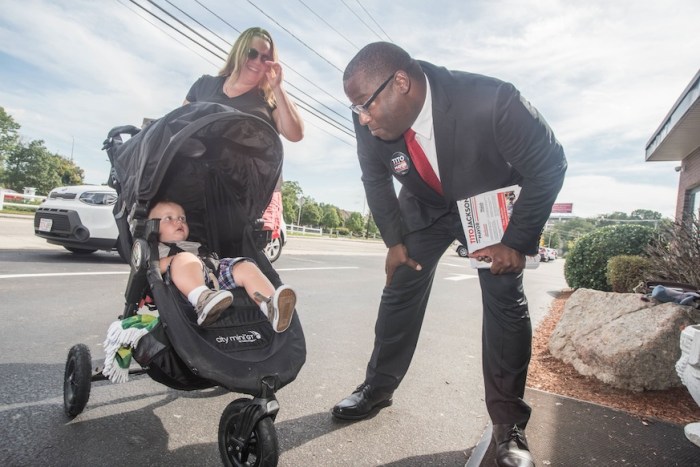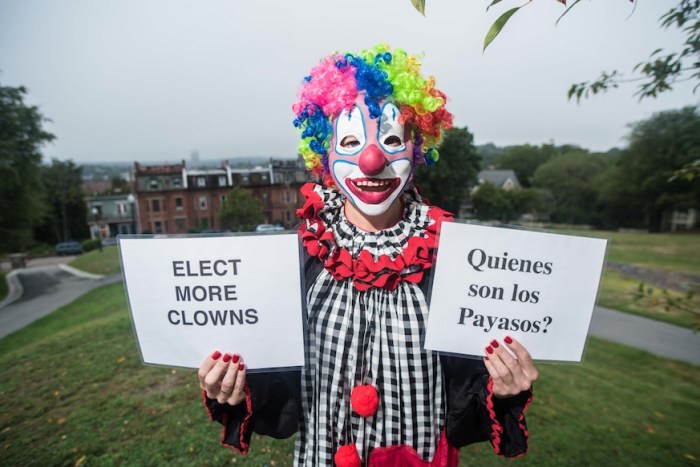Mayors from red and blue states throughout the country shared “virtually identical” concerns about poverty, income inequality and immigration, according to a newly-released survey by the Boston University Initiative on Cities. Touted by the report’s editors as the only systematic and statistically representative survey of American mayors, 2016 Menino Survey of Mayors was released Tuesday on the eve of a presidential inauguration, and at a particularly divisive moment in the political landscape. The survey includes interviews with 102 mayors from 41 states, all from cities with more than 75,000 people. Many of the mayors who participated came from cities with a population of about 260,000. The report was begun by former Boston Mayor Thomas Menino in 2014, his last year in office. Menino, the longest serving mayor in Boston’s history, died the same year.
Menino wanted to “focus our efforts on the needs of mayors,” said Katherine Lusk, executive director of BU’s Initiative on Cities and editor of the survey. “The majority of Americans live in cities, so our efforts are on helping people and how to improve the quality of people’s lives. If you want to do that in the U.S., you start in cities.” The report showed that most mayors consider poverty and their cities’ disadvantaged residents to be a top policy priority.
“Mayors rank poverty, rather than income inequality or the shrinking middle class, as their most pressing economic concern,” according to the survey. “This focus was shared by both Democrat and Republican mayors, although Democrats were far more likely to list poverty as a primary concern, according to the results. The report noted that while Republican and Democrat mayors agreed on somethings, this did not mean the mayors were non-partisan. Many of the survey responders also supported the work of President Obama’s administration. Mayors who responded to the survey frequently cited the president as an “urban champion” and an ally between mayors and federal agencies, like Housing and Urban Development. “The competence of administration and the emphasis on tangible action that we’ve seen in the Obama administration really does affect my work as mayor,” one mayor from a western state said. The survey does not identify mayors or specific cities, allowing them to remain anonymous, and therefore, more open about their answers. The mayors were surveyed over the summer, in the heat of the presidential campaign, when now President-elect Donald Trump was wrapping up the Republican nomination.
Many of the mayors who responded also expressed concern that a President Trump would not be willing to provide the kind of federal funds needed to help the poor or enact legislation to close the gap between rich and poor. “Throughout his campaign, during his appearances and interviews, Mr. Trump repeatedly showed a disregard for the more vulnerable people among us, often appearing dismissive of or misinformed about programs that are geared toward assisting these people,” Cambridge Mayor Denise Simmons said in an email. Mayors from around the country, including the Midwest and the South, agreed that the election had created “an atmosphere of… contention,” according to the report.
“Republican and Democratic mayors share many of the same concerns and values,” the survey authors said in the report’s conclusion. “In a time of great political change, uncertainty, and a growing urban/rural divide, mayors’ steady leadership is more important now than ever.
Survey finds mayors from red and blue states share same concerns
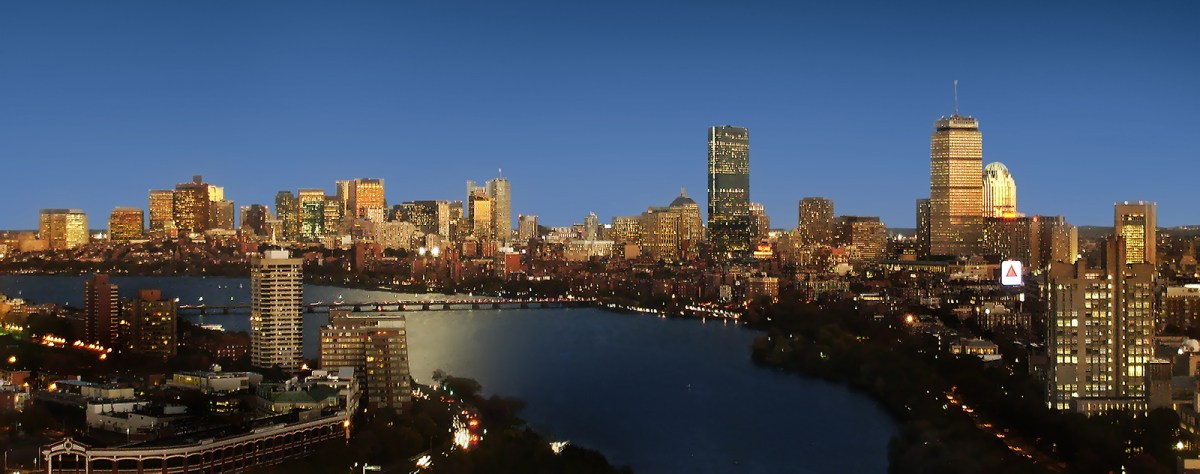
Wikimedia Commons








